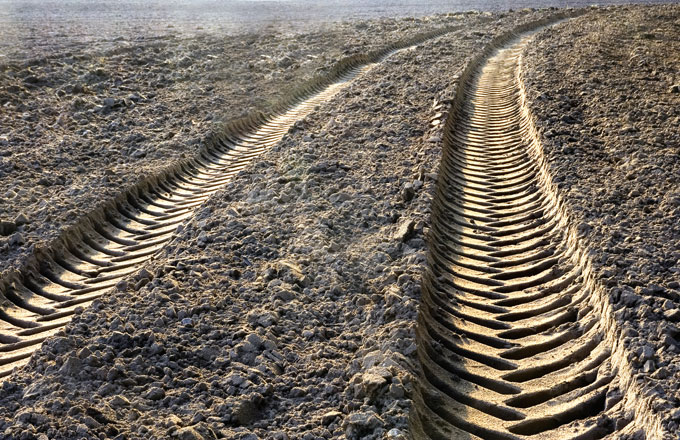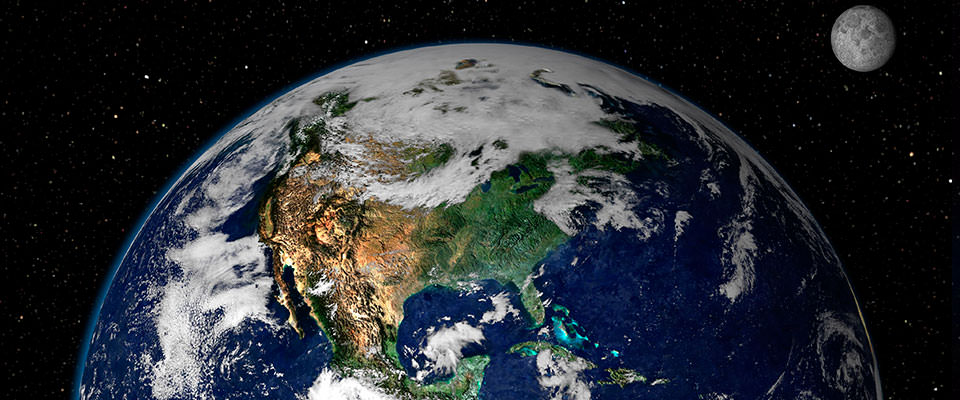Gas prices are spiking. What does that mean for climate?

23 September 2021
Over the past couple of days you’ve probably come across a flurry of headlines about ever-climbing gas prices across Europe.
You might have seen that since August alone, gas prices in the United Kingdom have surged by 70 per cent. That follows a broader trend, as since the start of the calendar year, its price has shot upwards by a staggering 250 per cent.
What is going on? How did we get here? And what does this mean for emissions and the climate crisis?
Let’s find out.
Take it from the top: why are gas prices skyrocketing?
According to Research Fellow at the MaREI Centre in Cork Paul Deane, what we’re seeing is an “unprecedented surge” in the price of gas, and the reasons are multifold.
Gas is used in Ireland and around Europe for heat, and because of that it’s heavily influenced by regional weather conditions.
Taking a peek back to mid-spring, we had an unusual cold snap in April. That led to people using more energy to heat their homes, and that previous unanticipated demand is “having a big impact on our electricity prices today,” Mr. Deane told The Green News.
Normally, Europe purchases a big quantity of gas and puts it into storage around April and May because it provides a buffer for the upcoming winter. But instead, we used a considerable amount of gas to keep ourselves warm “and what that did was create a shortfall in the level of gas storage in Europe,” Mr. Deane added.
The colder spring was also coupled with quite a severe winter last year, according to DCU Faculty of Engineering Professor Barry McMullin.
Then as we saw the continent start to move towards an economic recovery from the pandemic, we started to see increased energy demand coupled with the power demand of air conditioners to meet the demands of a hot summer, Professor McMullin added.
Now in the lead-up to winter, we’re seeing an increased demand for gas. Higher demand equals higher prices, so here we are.
(And before we move on one quick note – while the price has been ballooning, the supply of gas we receive via the United Kingdom has been flowing normally. It’s just the cost of the end product that continues to swell).
Okay, but now we’re going into winter – so does this mean the price is just going to continue to climb higher and higher?
Hard to say – that all depends on the type of winter we get.
A milder winter means we need less heat for our homes. If we get a windy one, we’ll also reduce the need for gas as we’ll have more renewable energy available to us, according to Mr. Deane.
If prices continue to grow, there’s also the possibility we might see some reduced consumption if people try to cut down on energy use to minimise costs, Prof McMullin told The Green News.
So bottom line: hard to know exactly.
And what does this mean in terms of emissions?
Critically, the increase in gas prices has made coal more competitive and we’re seeing the latter creep back into the electricity mix the bloc-over.
In Germany for example, “it’s now cheaper to produce electricity from brown coal in Germany than it is from natural gas”, Mr. Deane said.
This – in short – is very bad for the climate. The use of gas still emits carbon dioxide and releases methane in its production process, but on the whole coal is worse when it comes to both air pollution and actual emissions themselves.
What about solutions?
In order to address the ongoing spike – we need to implement both short-term and long-term measures, according to the experts.
In the upcoming and highly-anticipated national budget, there’s been repeated calls for the fuel allowance to be increased in order to help families cope with the price hike.
However, as we move away from fossil fuel sources over the coming decades, the best way to prevent future price fluxes is to have a more diverse portfolio of renewables, according to Mr. Deane.
That way if anything were to go awry with an energy source, grids could easily rely on another type of supply in order to keep everything running smoothly.
Interested in energy-related coverage as we head into colder months? Make sure to keep an eye out for a feature next week where we’ll be diving into more of it.
[x_author title=”About the Author”]







